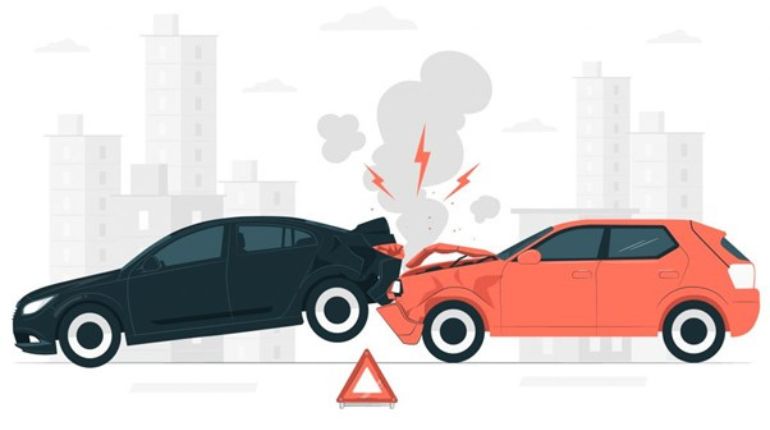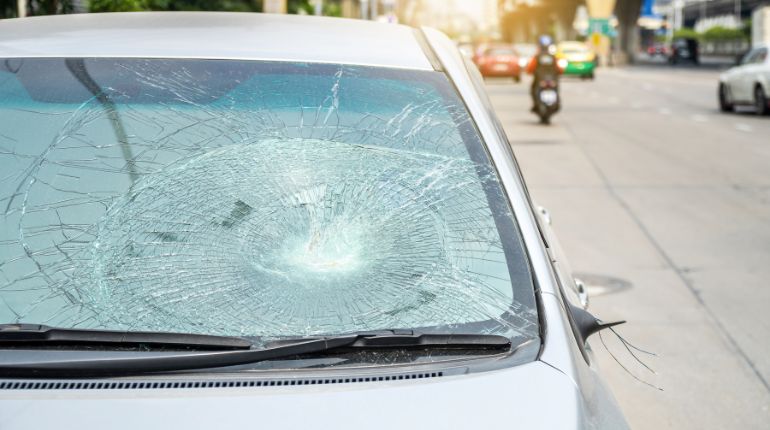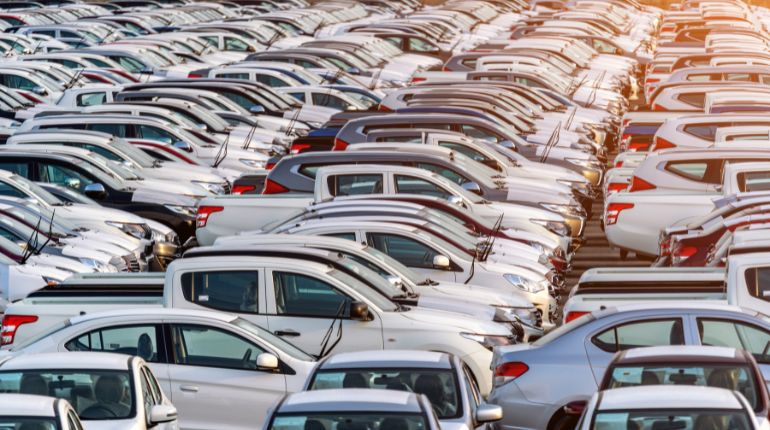Driving a car in the UK is a fantastic way to get around, but it comes with some responsibilities. One of the most important things to do is to make sure your vehicle is taxed. This tax, officially called Vehicle Excise Duty (VED) but often referred to as “road tax,” contributes to the upkeep of roads and infrastructure. Ignoring it can lead to hefty fines, so taxing your car is crucial.
This guide will walk you through the process of taxing your vehicle, whether it’s your first time or you’re simply renewing vehicle tax. We’ll cover everything from figuring out when my car tax due to the different ways you can tax your car online.
Table of contents
Do i need to tax my car?
In short, yes. By law, all vehicles driven on public roads in the UK must be taxed. This applies to cars, motorcycles, vans, and even trailers. Taxing your car is a quick and easy process, and there’s no excuse for skipping it.
How much does it cost to tax my car?
The amount you pay to tax your car depends on two main factors:
- CO2 Emissions: Generally, the lower your car’s CO2 emissions, the less you’ll pay in tax. Newer, more environmentally friendly cars often have lower tax rates.
- Date of Registration: Cars registered before April 1st, 2017, have a different tax structure based on engine size. Cars registered after that date are taxed based on CO2 emissions, with a flat rate for most vehicles after the first year.
You can find out the exact cost to tax your car by visiting the DVLA website (Driver and Vehicle Licensing Agency) or using a car tax calculator provided by many insurance companies and comparison websites.
How to tax my car online?
The quickest and easiest way to tax your car is to do it online. Here’s what you’ll need:
- Your car’s registration number
- The 11-digit reference number from your V5C logbook (also known as a registration certificate)
- A valid debit or credit card
Once you have this information, head to the DVLA website, you can also tax your car online through the government tax portal.
Taxing your car online typically takes just a few minutes, and you’ll receive immediate confirmation of your payment.
Alternative ways to tax my vehicle
If you’re not comfortable taxing your car online, there are a few alternative methods:
- By Phone: You can call the DVLA on 0300 200 3000 to make a payment over the phone.
- By Post: Fill out the paper form included with your V5C reminder and send it back to the DVLA with a cheque or postal order.
- At the Post Office: Take your V5C reminder and pay at a post office branch.
Taxing your car by phone or post can take longer to process, so it’s best to plan ahead.
Important reminders about taxing your car
- Don’t wait until the last minute! Renewing vehicle tax can be done up to one month before your current tax expires. However, it takes a few days for the DVLA to process your payment, so don’t leave it to the last minute to avoid any gaps in your tax coverage.
- Keep your V5C logbook up to date. This document contains important information you’ll need to tax your car, so make sure your address and vehicle details are accurate.
- You may be fined for not taxing your car. The penalty for driving an untaxed vehicle is an £80 fine, which can be doubled if not paid promptly. On top of that, you may be liable for backdated tax payments.
By following these tips, taxing your car should be a quick and painless process. Remember, to check car tax, so keep yourself on the right side of the law and avoid any unnecessary fines.
Taxing your car is just one of the responsibilities that comes with car ownership. Don’t forget to consider car insurance as well. Taxing your car is a requirement, but car insurance is essential for protecting yourself financially in case of an accident.
Answering your questions
1. What is the vehicle tax rate in the UK for 2024?
The standard rate for car tax in the UK for the 2024/25 financial year is £190. However, it can vary depending on:
- CO2 emissions (for the first year of registration): Lower emissions generally mean a lower tax rate.
- Fuel type: Electric cars are currently exempt, but this will change in 2025. Hybrids get a slight discount.
- Vehicle list price: Cars exceeding £40,000 new may incur a “premium car tax” addition.
For the exact rate for your car, you can check the official government website or use a tax checker tool.
2. What happens if I don’t tax my car?
Driving an untaxed car in the UK is illegal and can lead to penalties. These can include:
- A £80 fine.
- An automatic vehicle tax reminder with an additional late payment penalty.
- The DVLA (Driver and Vehicle Licensing Agency) is impounding your car.
- Difficulty getting car insurance.
3.What are the different types of vehicle tax?
There are two main types of vehicle tax in the UK:
- Vehicle Excise Duty (VED): This is the standard annual road tax for cars, motorcycles, and other vehicles.
- Benefit-in-Kind (BIK) tax: This applies to company cars and is based on the car’s CO2 emissions.








